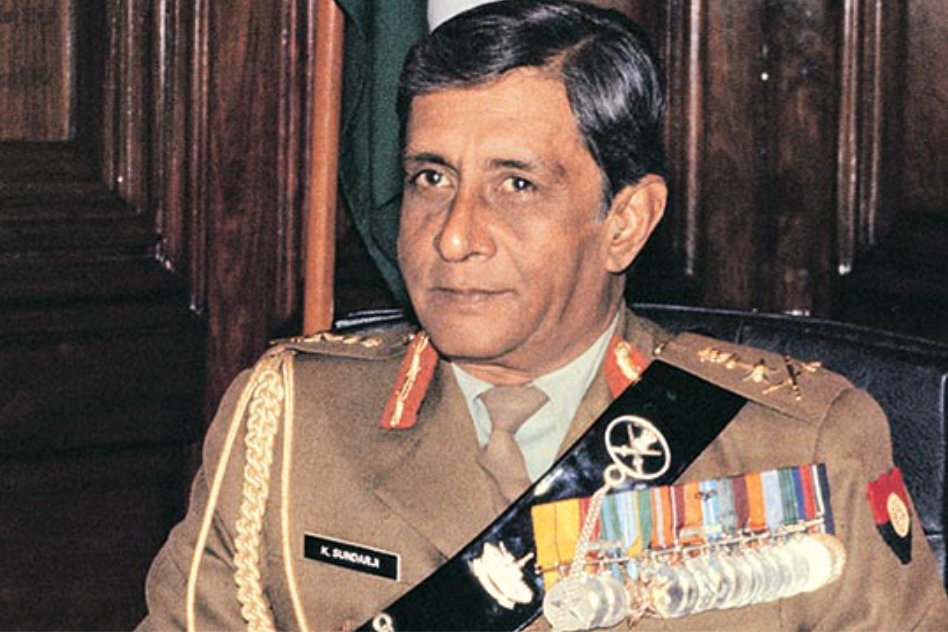
Rewind: The Man Who Headed Our Army During Operation Blue Star & Srilanka Operations
12 July 2016 11:39 AM GMT
Who is Krishnaswamy Sundarji?
General Krishnaswamy Sundarji was the Chief in the history of Indian Army. He assumed charge of the Indian Army as the 14th Chief of Army Staff in 1986. Born on 28th April 1930 at Chenglepet in Tamil Nadu, he joined the Madras Christian College only to leave it before receiving a degree.
His early missions and his elevation to deputy chief of army staff
He was commissioned into the Mahar Regiment in April 1946 and saw action in the North-West Frontier of Undivided India and later in Jammu & Kashmir. In 1963, he served in the UN Mission in the Congo, where he was Chief of Staff of the Katanga Command and was mentioned in dispatches for his bravery. Later, he commanded the 1st Mahar from November 1963 to November 1965 and his battalion saw action in the plains during the 1965 Indo-Pak War.
During the 1971 Indo-Pak War, General Sundarji was the Brigadier General Staff of a corps in the eastern theatre and made valuable contributions in operations culminating in the liberation of erstwhile East Pakistan into Bangladesh. In March 1974, he was promoted to the rank of Major General and took over command of an infantry division in the plains. In August 1981, he was appointed as the Deputy Chief of army staff.
Turbulent years of India – Bluestar & IPKF
In 1984, he led Operation Blue Star, intended to evict Sikh extremists who had occupied the Golden temple in Amritsar. After appointment as the Chief of Army staff, he led Operation Falcon in Sumdorong Chu, north of Tawang against the Chinese in 1986. He also guided Indian Army’s largest military exercise for its time, code-named Operation Brasstacks, near the Indo-Pakistan border in Rajasthan. In 1987, the Indian government agreed to a Sri Lankan request and the Indian Peace Keeping Force, led by him, was sent to Jaffna to disarm the LTTE. However, the Indian army had no experience with the unconventional jungle warfare and faced a high rate of casualties. Sundarji was highly criticised for his stint in Sri Lanka. The force was withdrawn in 1990.
 All section
All section













